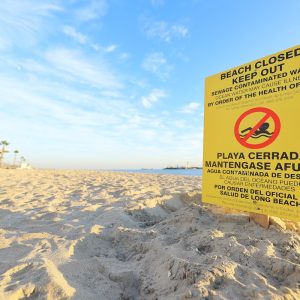 View Winners →
View Winners → Ex-Long Beach executive sentenced to 7 years for $17M fraud scheme

The former head of a Long Beach substance abuse treatment provider for at-risk youth was sentenced Thursday to seven years behind bars for running a bogus billing scheme that defrauded a public health insurance program out of more than $17 million.
Richard Ciampa, 67, of Long Beach was also ordered to pay $17.6 million in restitution, according to the U.S. Attorney’s Office.
Ciampa, who pleaded guilty in January to a federal health care fraud charge, was president and CEO of what was previously called Atlantic Recovery Services.
ARS purported to provide substance abuse treatment services to needy students at more than 50 schools throughout Los Angeles County. But according to prosecutors, the company was designed to exploit at-risk youth and defraud taxpayers, with supervisors telling staffers to forge student signatures, falsify treatment records and enroll students who had no need for services.
The 2016 indictment stated that Ciampa created an environment for rampant fraud by constantly warning ARS managers and counselors that they would lose their jobs if they did not increase billing.
In a letter to the court, Ciampa blamed ARS employees for not comprehending that “the pressure I put on them to increase our revenue” was not a directive to bill for counseling sessions that never happened.
“I wish I had listened more, asked more questions, and taken seriously those who tried to warn me,” he wrote.
Prosecutors said Ciampa ordered managers and counselors to bill for two crisis intervention sessions per student per month, even though crisis interventions were to be billed only if the student had relapsed or faced an imminent threat of relapse, neither of which could be planned in advance.
The company shut down in April 2013, when the state of California suspended payments to the enterprise.
Nine others face charges for allegedly participating in the scheme.








































































































